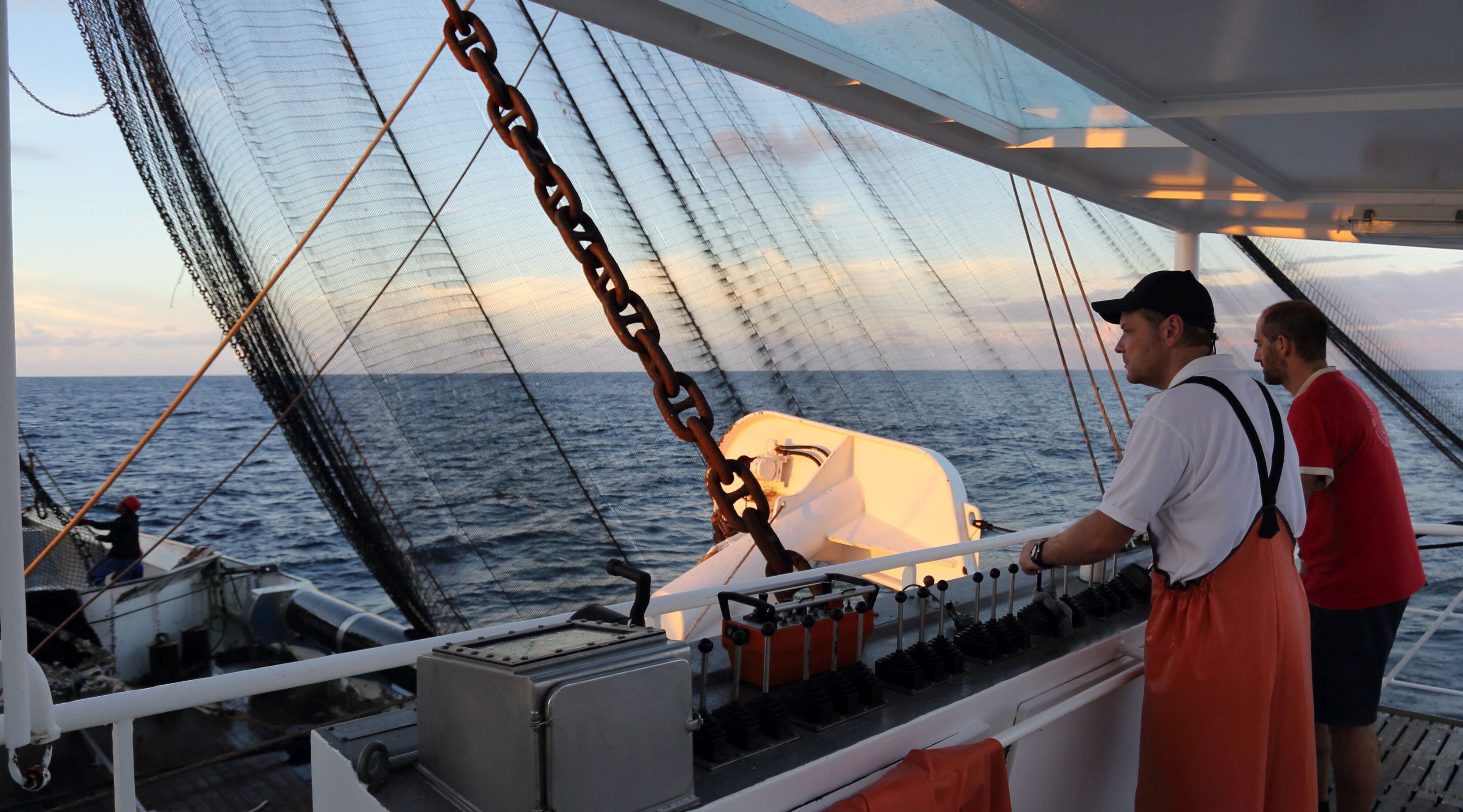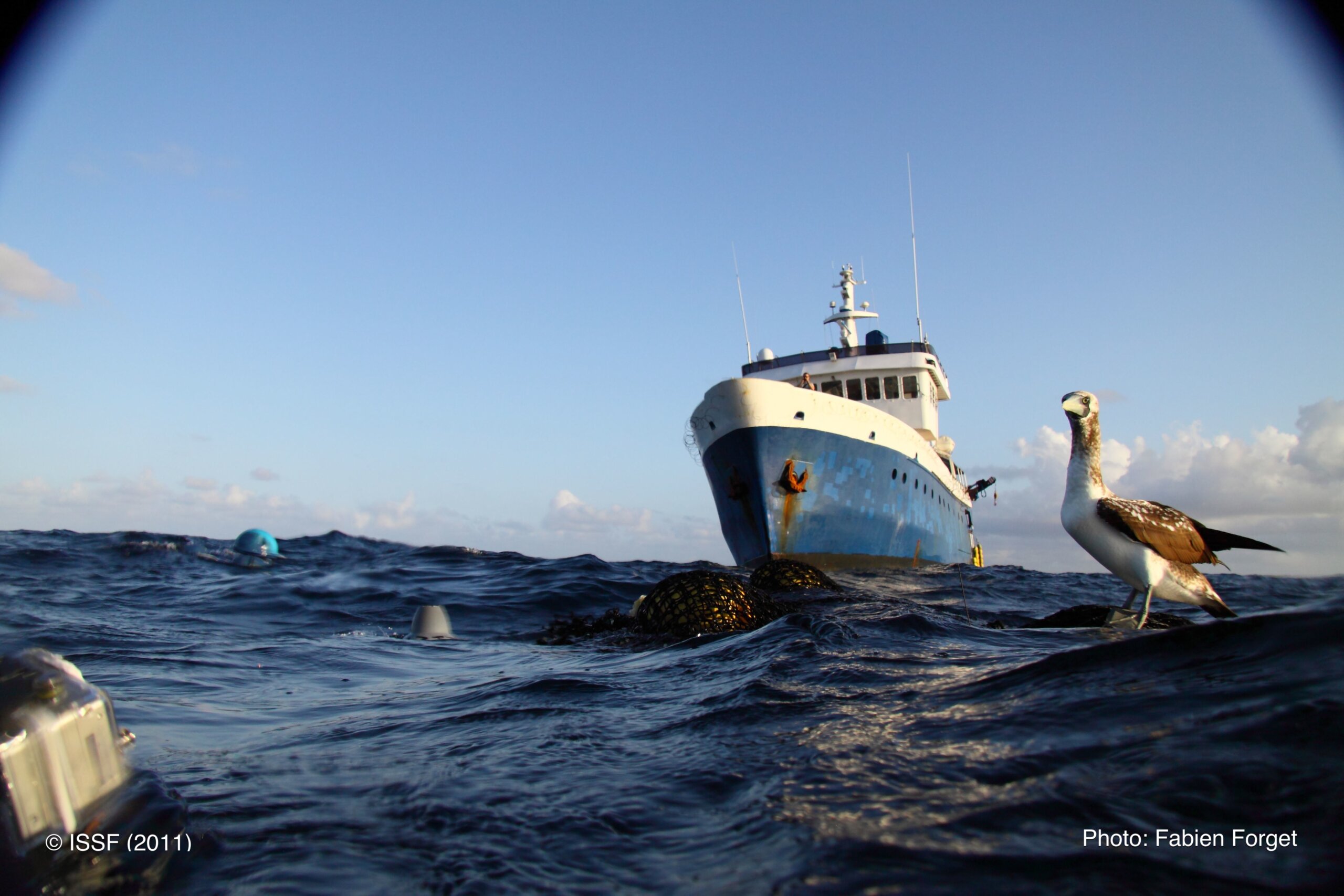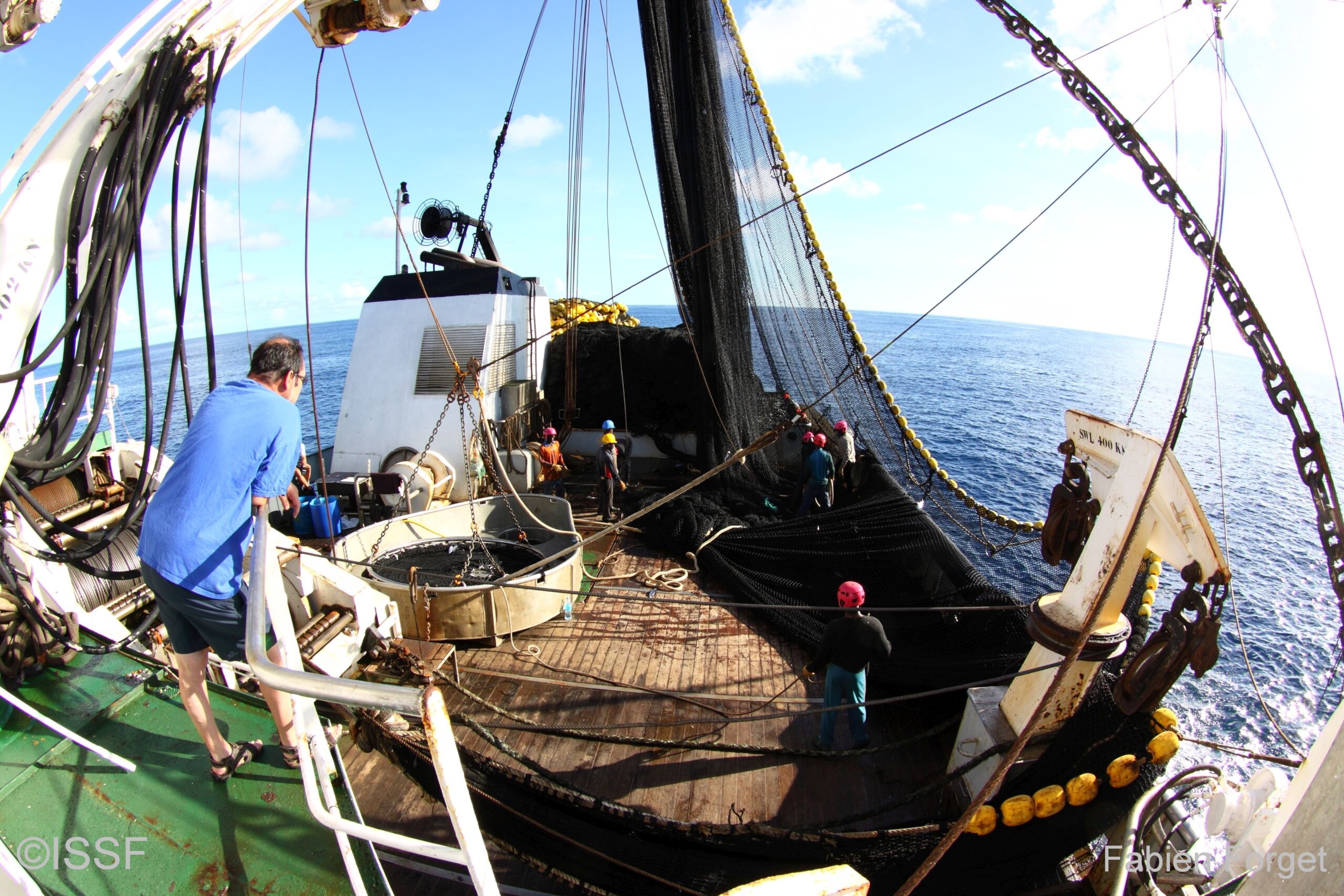
ISSF Report: 15 Tuna Stocks Not Meeting Criteria for Marine Stewardship Council (MSC) Sustainability Standard
Independent fisheries scientists in a March 2020 report from the International Seafood Sustainability Foundation (ISSF) found that four out of 19 major commercial tuna stocks worldwide are being managed to avoid overfishing and to maintain target stock biomass levels: North Atlantic Albacore, Western Pacific Skipjack, South Pacific Albacore, and Indian Ocean Skipjack. These four stocks earned a passing score against the Marine Stewardship Council (MSC) Fisheries Standard on its Principle 1 on “Sustainable Fish Stocks.”
There are 19 commercial #tuna stocks worldwide. Four are being managed to prevent #overfishing. Share on XMSC is an independent, international, non-profit organization that oversees a program to assess wild-capture fisheries and certify them as “sustainable” if they meet its Fisheries Standard criteria. In the January 2019 edition of the ISSF report, five stocks passed Principle 1 (Eastern Pacific Yellowfin no longer does).
ISSF 2020-09: An Evaluation of the Sustainability of Global Tuna Stocks Relative to Marine Stewardship Council Criteria attributes 15 other tuna stocks’ inability to pass MSC Principle 1 to poor stock status, the lack of well-defined harvest control rules (HCRs), and the lack of effective tools to control harvest.
Notable Report Findings
One of the 19 stocks — North Pacific Albacore — triggered the implementation of well-defined HCRs, and there has been some HCR progress on other tuna stocks by all tuna Regional Fisheries Management Organizations (RFMOs). RFMOs are governing bodies whose member nations are responsible for setting catch limits, monitoring the health of stocks, and regulating the right to fish. However, HCRs often have not been implemented until rebuilding is required.
- Atlantic Ocean Yellowfin’s Principle 1 score improved since the last reporting period, but the scores of Indian Ocean Bigeye and Indian Ocean Albacore both declined. However, data on the latter has improved in quality and should be sufficient to support a harvest strategy.
- Uncertainty in assessments remains a concern in the Eastern Pacific, as the 2019 stock assessment of Eastern Pacific Yellowfin found inadequacies in both the model and data, which hinders stock management advice and harvest control rule actions.
ISSF’s report was authored by Paul A. H. Medley, Jo Gascoigne, and Jo Akroyd.
About the Report
An Evaluation of the Sustainability of Global Tuna Stocks takes a consistent, comprehensive approach to scoring tuna stocks against certain components of the MSC standard. The MSC is a global certification program for fisheries.
The report — updated regularly since it was first published in 2013, and conveniently organized by individual tuna stock and tuna RFMO — is designed to:
- Provide a basis for comparing between stock scores and tuna RFMO scores as assessed by the same experts
- Become a useful source document for future tuna certifications or in the establishment of tuna Fishery Improvement Projects (FIPs)
- Prioritize ISSF projects and advocacy efforts against initiatives that will improve low performance indicator scores
The scores in the report focus on stock status (MSC Principle 1) and the international management aspects relevant to RFMOs (part of MSC Principle 3) and are based on publicly available fishery and RFMO data. Each of these Principles is evaluated in relationship to Performance Indicators (PIs) within each Principle. The Evaluation report also includes detailed remarks on each stock, evaluations of the four RFMOs, and comprehensive reference citations.
The report does not address bluefin tuna stocks.
MSC Principle 1
The MSC Principle 1 states: “A fishery must be conducted in a manner that does not lead to over-fishing or depletion of the exploited populations and, for those populations that are depleted, the fishery must be conducted in a manner that demonstrably leads to their recovery.”
Regarding stocks receiving passing scores:
- Among seven tuna stocks in the Atlantic Ocean, one received an overall principle-level passing score: Northern Albacore.
- Among eight tuna stocks in the Pacific Ocean, two received overall principle-level passing scores: Western Skipjack and Southern Albacore.
- Among four stocks in the Indian Ocean, one received an overall principle-level passing score: Skipjack.
Regarding stocks receiving failing scores:
- In the Pacific, six stocks received overall principle-level failing scores: Western Yellowfin, Eastern Yellowfin, Northern Albacore, Eastern Bigeye, Eastern Skipjack and Western Bigeye.
- In the Indian Ocean, Yellowfin, Bigeye and Albacore all received overall principle-level failing scores.
- In the Atlantic, Yellowfin, Bigeye, Western Skipjack, Eastern Skipjack, Southern Albacore and Mediterranean Albacore all received principle-level failing scores.
- The two stocks that require rebuilding are Atlantic Bigeye and Indian Ocean Yellowfin.
See a graphic showing MSC Principle 1 averages from February 2013-March 2020.
MSC Principle 3
The MSC Principle 3 states: “The fishery is subject to an effective management system that respects local, national and international laws and standards and incorporates institutional and operational frameworks that require use of the resource to be responsible and sustainable.”
One tuna RFMO — the Inter-American Tropical Tuna Commission (IATTC) — received unconditional passing scores for all seven performance indicators under Principle 3.
All four RFMOs received overall principle-level passing scores from the authors.
See a graphic showing MSC Principle 3 averages from December 2013-March 2020.
While the report focuses on tuna stock status and sustainability as well as on RFMO policies, it does not address national or bilateral fishing jurisdictions, gear- or fleet-specific ecosystem impacts, or specific fisheries’ ecosystems — all of which are also considered within the MSC assessment methodology.
Since 2011, ISSF has been an active stakeholder in MSC tuna fishery assessments and certifications. ISSF’s strategic objective is to develop and implement verifiable, science-based practices, commitments and international management measures to help all tuna fisheries become capable of meeting the MSC certification standard without conditions.


